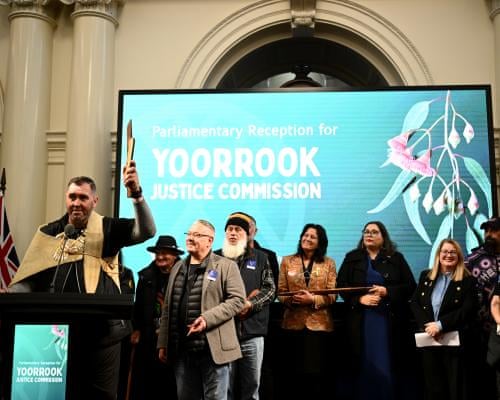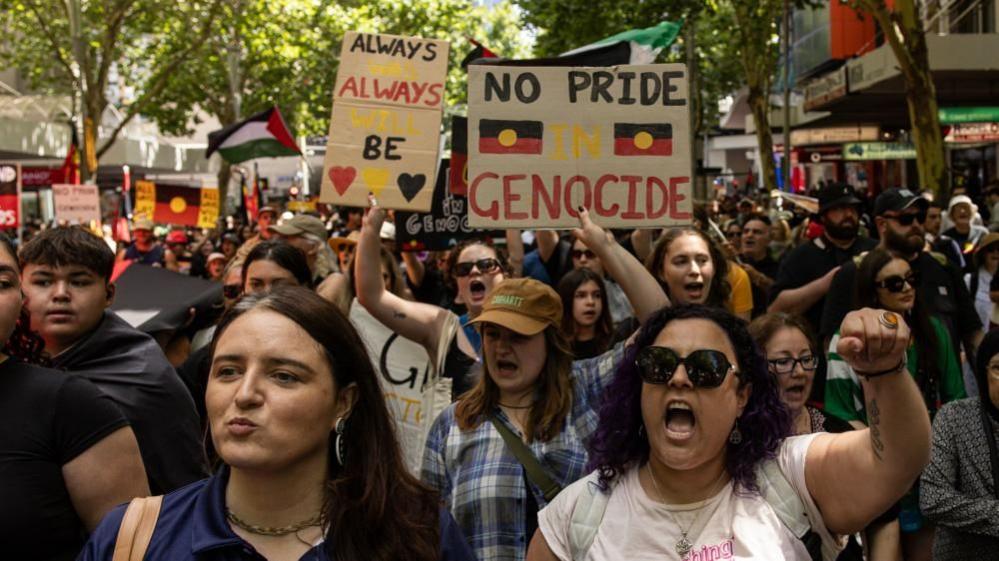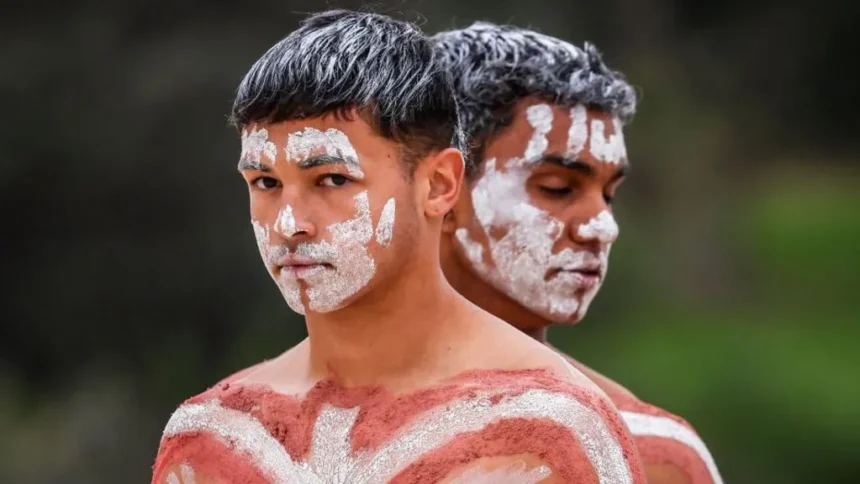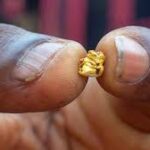Introduction
A groundbreaking report by the Yoorrook Justice Commission has concluded that British genocide colonisers committed genocide against Indigenous Australians in Victoria. The commission, Australia’s first Aboriginal-led truth-telling body, presented overwhelming evidence of massacres, cultural destruction, forced child removals, and systemic racism following British settlement from the 1830s onward.

Genocide Confirmed in Victoria
According to the inquiry, Victoria’s Indigenous population plummeted from around 60,000 to 15,000 by 1851—a drop of 75% over two decades. The causes include mass killings, disease, forced removals, child theft, sexual violence, environmental degradation, and cultural erasure. The commission formally declared, “This was genocide.”
Read more about the background on Aboriginal land rights history.
100 Recommendations for Redress
- Education Reform: Integrate Indigenous culture and history into schools. Apologize to Aboriginal soldiers excluded from post-war benefits British genocide.
- Health System Overhaul: Address endemic racism, fund Indigenous-led health services, and recruit more Aboriginal staff.
- Justice & Child Welfare: Raise the age of criminal responsibility to 14, overhaul policing, and establish an independent Aboriginal-led justice system.
- Treaty and Land Return: Advance the treaty process and return culturally significant land to traditional owners.
- Reparations: Recommend financial compensation and formal apologies to Indigenous communities for centuries of injustice.

Government Response to the Report
Premier Jacinta Allan of Victoria acknowledged the gravity of the findings, stating the report “shines a light on hard truths.” Her Labor government said it would “carefully consider” all 100 recommendations. As of now, only 28 have been accepted in full or in principle British genocide.
In contrast, critics argue the government’s response lacks urgency. Jill Gallagher, British genocide head of Victoria’s Aboriginal health body, said: “We don’t blame anyone alive today for these atrocities, but it is the responsibility of those alive today to accept the truth.”
Why This Inquiry Is Historic
The Yoorrook Justice Commission is the first formal truth-telling process in Australia, making it a model for other states. Unlike previous inquiries, this one was led entirely by Indigenous people, with over 1,300 public submissions and months of public hearings.
Although three of the five commissioners disagreed with unspecified findings, the overall conclusions were endorsed and made public.
Broader Impact Across Australia
Truth-telling commissions are under way in other regions, although progress varies. Queensland’s was canceled after a change in government, while Victoria has moved ahead despite opposition. In 2023, Australians rejected a proposed constitutional amendment to establish an Indigenous Voice to Parliament, reflecting ongoing division on First Nations recognition.
Global Human Rights Reactions
International human rights organizations have praised the Yoorrook inquiry. The Human Rights Watch report labeled the findings “a sobering indictment of Australia’s colonial legacy.” Advocacy groups say this could build momentum for stronger Indigenous rights legislation and reparations in Australia.
Conclusion
The Yoorrook report affirms what many Indigenous Australians have long known: that colonisation brought devastation, genocide, and systemic injustice. With clear evidence and actionable recommendations, Victoria—and the entire country—has a moral obligation to respond meaningfully.
Next Steps
To learn more about Australia’s ongoing reconciliation and treaty efforts, visit our explainer on Australian Treaty Movements. Real justice demands not only truth but action.









